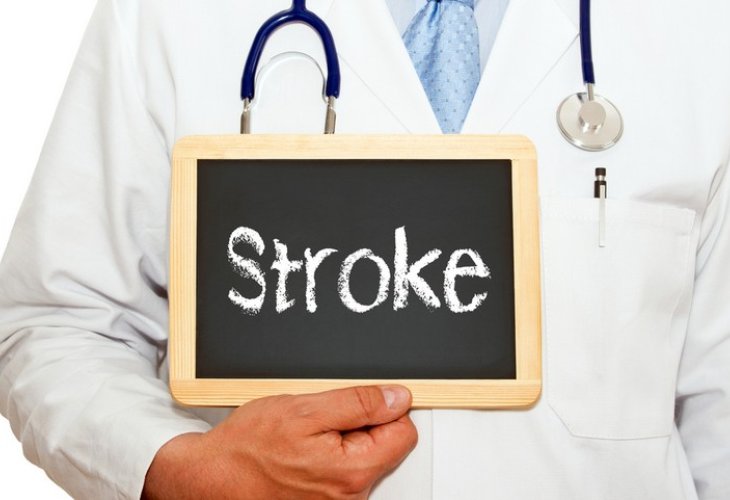Advance Knowledge Saves Lives: How the Body Warns of a Pre-Stroke
Statistics show that stroke, known as 'Stroke' in English, is one of the most common causes of global mortality. Yet, early awareness of the symptoms can be life-saving. How can this be possible? Here are three main symptoms for early detection.

Statistics show that stroke, known as 'Stroke' in English, is one of the most common causes of global mortality. Yet, early awareness of the symptoms leading to it can be life-saving. Because stroke does not occur only in sick people, healthy individuals tend to ignore these symptoms and do not treat them in time (just before it becomes critical).
In cases where blood pressure suddenly changes and surges to unreasonable levels without an obvious reason, doctors will generally recommend dietary changes, regular and tailored exercise, and other guidelines to reduce the risk of stroke.
These are the three main ways in which the body signals distress that could lead to a stroke, heaven forbid:
1. Difficulty understanding and speaking
Difficulty in understanding spoken words, processing sentences, and speaking them is one of the more common symptoms of stroke. These difficulties are caused by disruptions in oxygen supply to a specific area of the brain responsible for performing these actions correctly. In extreme cases, speech difficulties may be accompanied by drooping of the upper or lower lip (a situation where blood flow is disrupted to the facial muscles), making it significantly harder to conduct a proper conversation.
2. Sudden migraines
If you are generally healthy and do not usually suffer from chronic headaches (migraines) and such pain often occurs, it is a suspicious sign. You need to be attentive to your body and what it is experiencing, paying attention to the number of migraines you experience and their frequency. Strong headaches occurring frequently may indicate internal brain bleeding that could lead to stroke.
3. Loss of sensation
We all occasionally experience tingling sensations in our hands or feet that 'fall asleep' due to incorrect or uncomfortable posture. In many stroke cases, this sensation does not pass after a few minutes (as it does most of the time) but lasts for a longer period than usual. This phenomenon of 'loss of sensation' or partial feeling may be an early symptom of a stroke. Often this sensation is accompanied by great fatigue, further increasing the concern that this is indeed a risk.
In all three cases mentioned, it is important to listen to the body's signals and consult with a family doctor.

